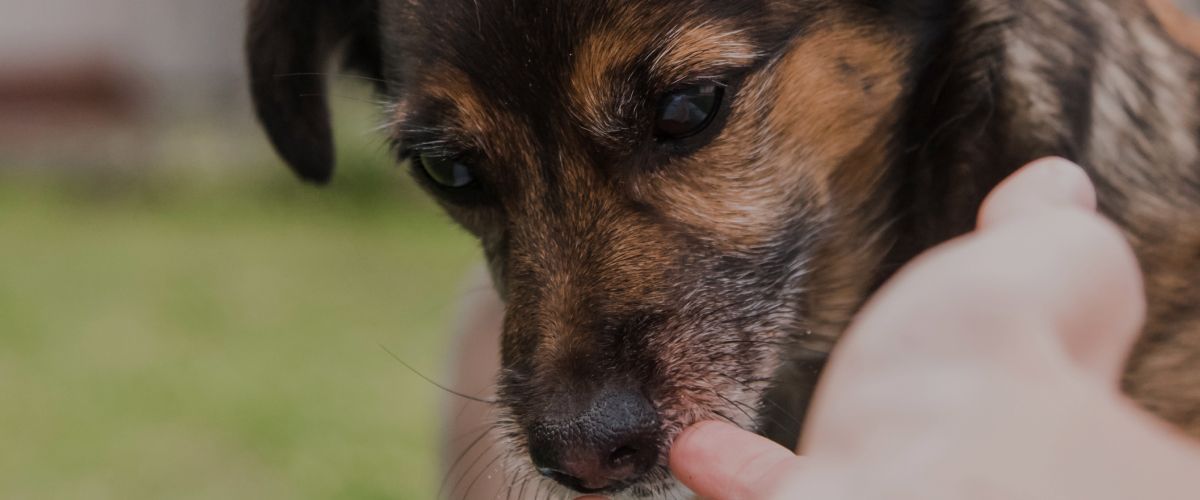Why does my Senior Pet have diarrhea?
As our pets age, their health needs change, and they may start to experience certain health issues more frequently. Diarrhea in senior pets is one such concern, and it can often be a sign that something isn’t quite right with their health. Understanding the possible causes and knowing when to seek veterinary help is crucial for keeping your senior pet comfortable and healthy.
Common Causes of Diarrhea in Senior Pets
There are several reasons why senior pets might develop diarrhea. One of the primary causes is dietary change or sensitivity. As pets get older, their digestive systems may become more sensitive to new foods, changes in diet, or treats that once were well-tolerated. Even a small change in their regular food can sometimes result in diarrhea for older pets.
Another common cause of diarrhea in older pets is infections. Both bacterial and viral infections can cause diarrhea, and senior pets are often more susceptible due to weakened immune systems. Additionally, parasites like worms can also lead to gastrointestinal upset and diarrhea, so it’s essential to keep up with regular deworming schedules, even in older animals.
Health Conditions Linked to Diarrhea in Senior Pets
Several health conditions common in older animals can lead to chronic diarrhea. Kidney disease, liver disease, and pancreatic issues can all cause digestive symptoms, including diarrhea. These organs play a vital role in digestion, and if they aren’t functioning properly, it can lead to changes in stool consistency. Another condition, called inflammatory bowel disease (IBD), is more prevalent in older pets and can cause symptoms like chronic diarrhea, vomiting, and weight loss.
Cancer is another concern for senior pets, particularly gastrointestinal cancers, which can often cause symptoms like diarrhea, vomiting, and lethargy. While this may not be the first cause that comes to mind, it’s essential to rule out serious health issues when dealing with persistent diarrhea in senior pets.
The Role of Stress in Digestive Health
Changes in your pet’s environment or routine can also contribute to digestive upset. Senior pets may be more sensitive to stressors, such as moving to a new home, a new pet in the family, or even a change in daily routines. Stress can impact their digestive health, leading to symptoms like diarrhea. Ensuring a stable, calm environment and minimizing stress can be helpful in managing your pet’s digestive health.
Dietary Management for Senior Pets
If you notice recurring diarrhea in your senior pet, consider evaluating their diet. Older pets benefit from high-quality, easily digestible diets that meet their specific nutritional needs. Senior-specific pet foods are often formulated to be gentle on the stomach and can reduce the risk of gastrointestinal issues. If your pet has allergies or sensitivities, a vet-recommended hypoallergenic diet may also be helpful.
Introducing fiber to your pet’s diet, such as with foods that contain pumpkin or sweet potato, can sometimes aid digestion and firm up stool. Always introduce new foods gradually and monitor your pet’s reaction to avoid sudden digestive upset.
When to See a Vet
While occasional diarrhea may not be a cause for alarm, persistent diarrhea in a senior pet warrants a visit to the veterinarian. Signs that require immediate veterinary attention include blood in the stool, black or tarry stool, extreme lethargy, dehydration, or vomiting. These symptoms could indicate a more severe issue that requires prompt medical intervention.
Final Thoughts
Diarrhea in senior pets can be caused by a variety of factors, from diet changes to underlying health issues. Monitoring your pet’s diet, reducing stress, and scheduling regular veterinary check-ups are essential steps to help manage their digestive health. By being proactive, you can ensure your senior pet enjoys a healthy, happy life well into their golden years.
The post Why does my Senior Pet have diarrhea? appeared first on Angelpaw.







